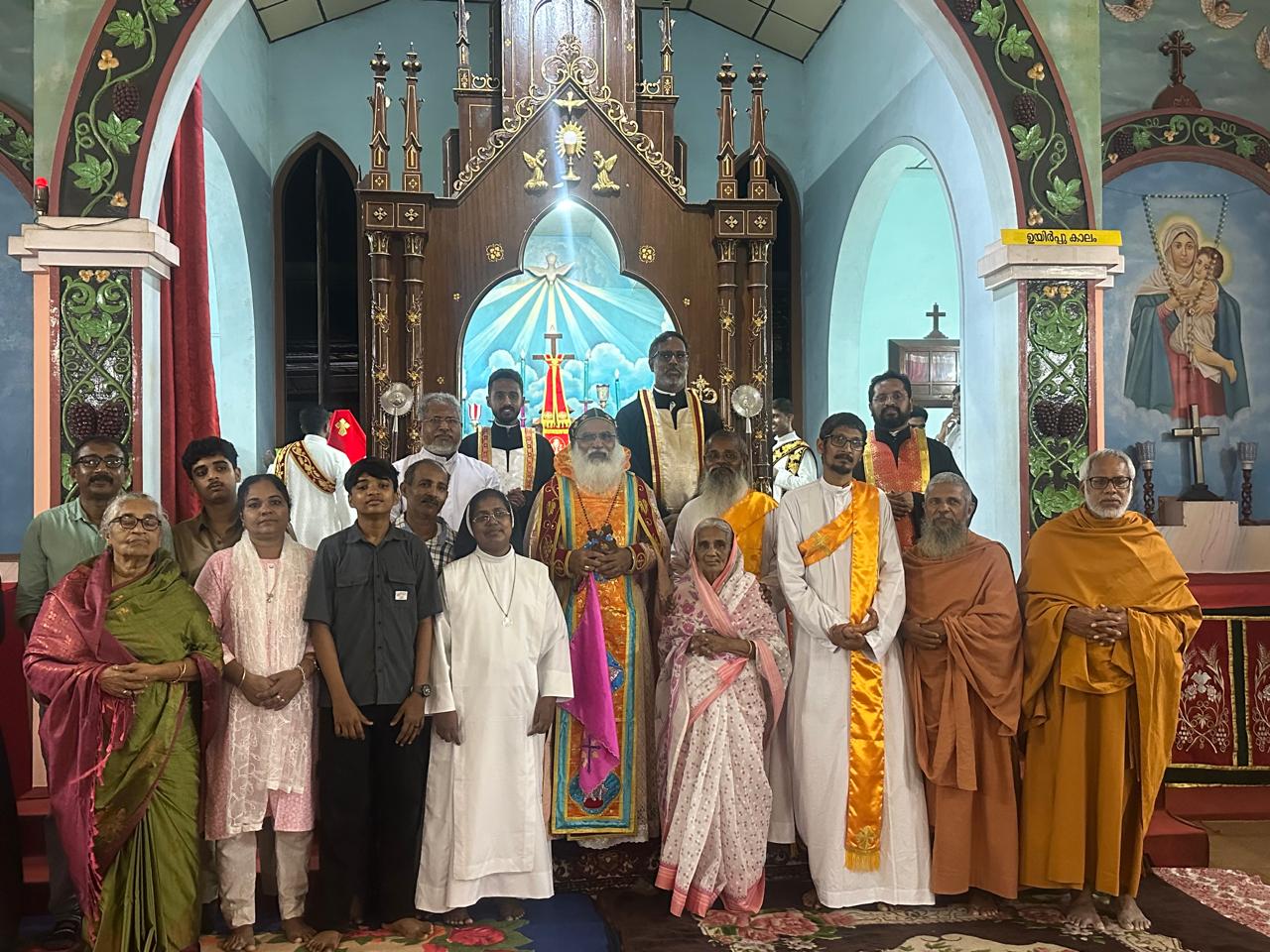Ashir Bhavan Priory is located in Bhopal, India.
During the COVID-19 pandemic, our congregation sisters are out surveying the local containment areas, to identify COVID patients.
We have distributed and continue to distribute provisions such as masks, gloves and hand wash to the poor and the needy.
All our communities and our NGO [Perana Service Society] also participate in this venture.
Photos show how the monastery has adapted its practices during COVID-19.
Please keep the Priory in your prayers and we assure you of our prayerful support.
Bene… Learn More




